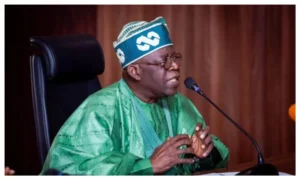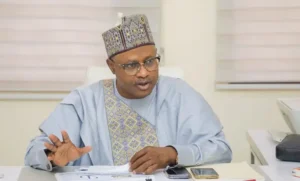Nigerian human rights lawyer Femi Falana has taken a bold step to ensure accountability in the rehabilitation of the Port Harcourt, Warri, and Kaduna refineries. He has addressed formal letters to the managing directors of the contractors involved—Maire Tecnimont S.P.A and Saipem Contracting Nigeria Ltd.—seeking clarity on the status and timeline for the completion of these vital projects.
In recent years, Nigeria’s refineries have faced significant operational challenges, leading to a heavy reliance on imported fuel. In an effort to restore these facilities, the Federal Government awarded substantial contracts for their rehabilitation. Maire Tecnimont S.P.A was contracted for $1.5 billion to work on the Port Harcourt refineries, while Saipem was similarly tasked with the Warri and Kaduna refineries.
The total investment in these projects amounts to a staggering $3 billion, raising questions about financial management and project oversight. Falana’s letters, dated September 17, emphasize that, while the contractors are private companies, they are obligated to provide information because public funds were used for the rehabilitation efforts.
Falana’s request is grounded in the Freedom of Information (FOI) Act, which mandates transparency for entities that utilize public resources. He argues that citizens have the right to know how their money is being spent, particularly on projects critical to national infrastructure and energy security.
In his communication, Falana demanded not only an update on the completion timelines but also detailed accounts of how the funds have been allocated and utilized. His insistence on transparency highlights broader concerns about corruption and inefficiency in Nigeria’s public sector.
As Nigeria grapples with fuel shortages and economic challenges, the successful rehabilitation of these refineries is essential. If completed, these projects could significantly reduce the nation’s dependence on imported fuel, potentially stabilizing fuel prices and boosting local production.
However, without accountability and transparency, there is a risk of mismanagement and wasted resources. Falana’s actions may serve as a catalyst for greater scrutiny of government contracts and encourage citizens to demand more oversight in public spending.
As the deadline for the contractors to respond approaches, many Nigerians are keenly observing the situation, hoping for clear answers and a commitment to delivering on these critical infrastructure projects.







